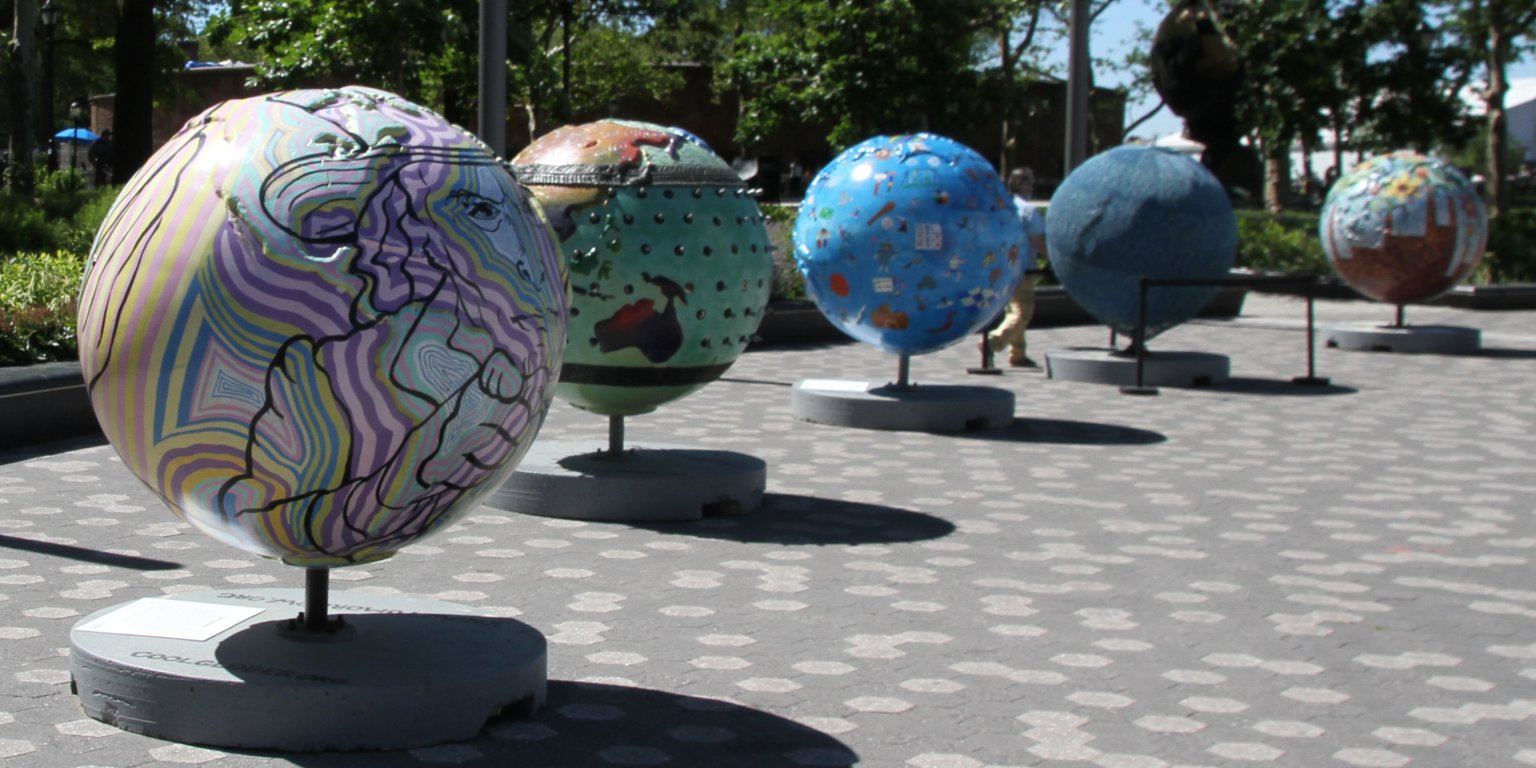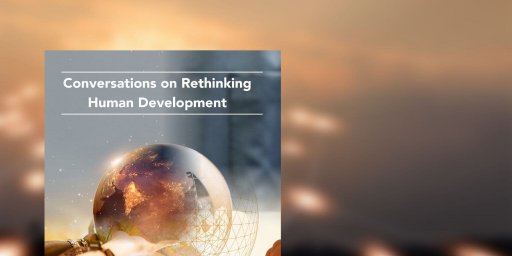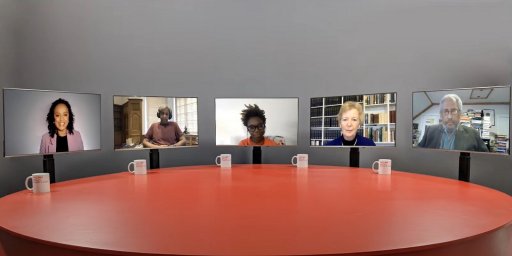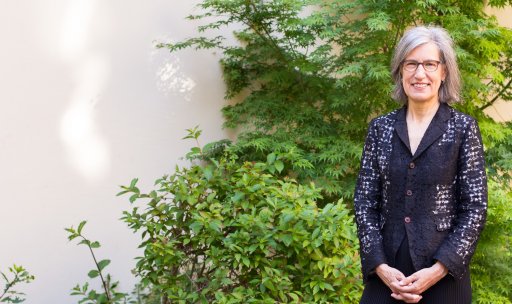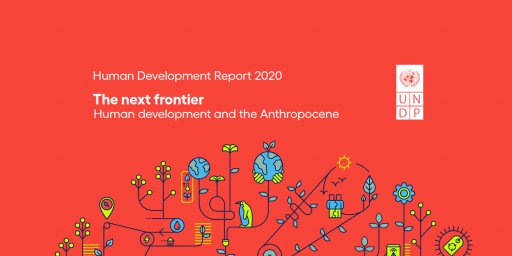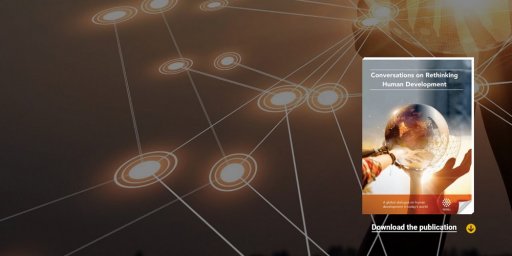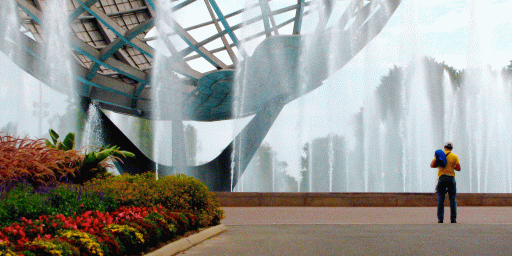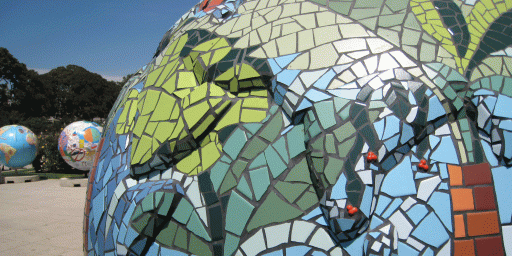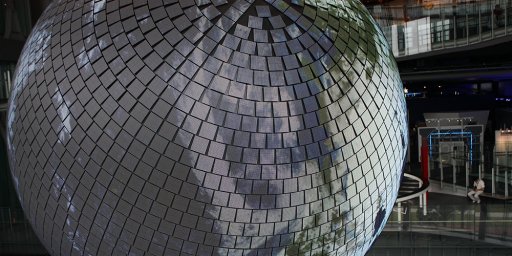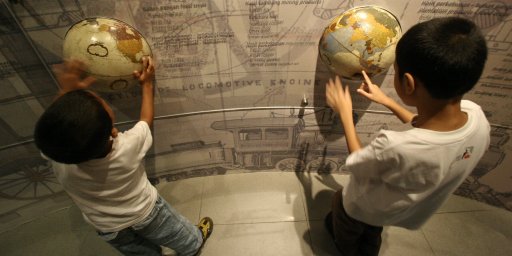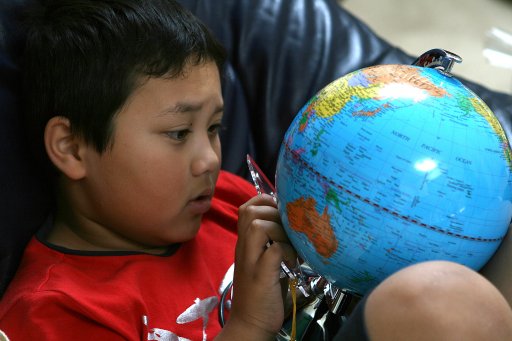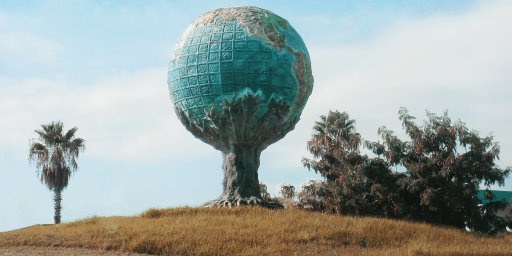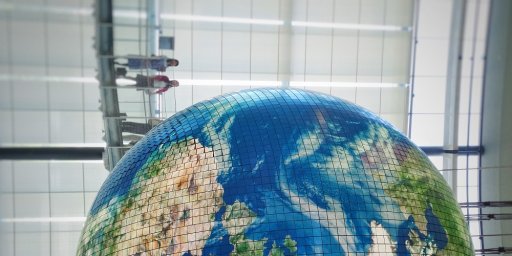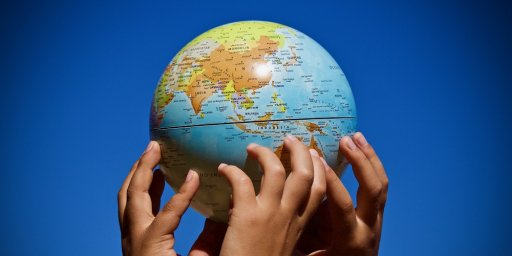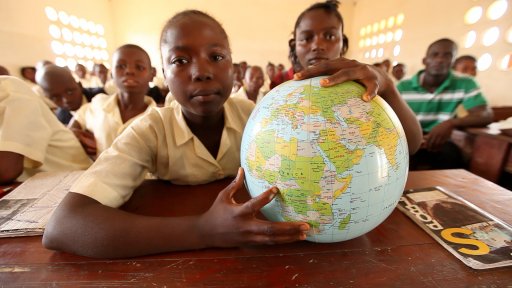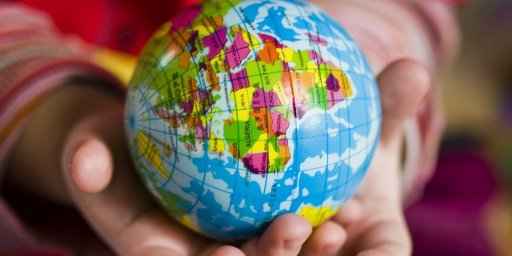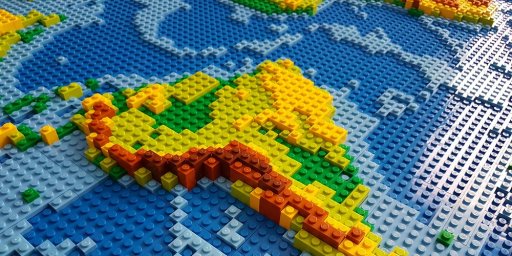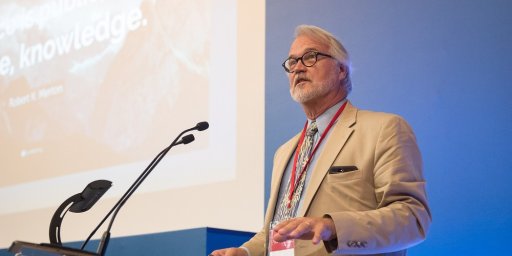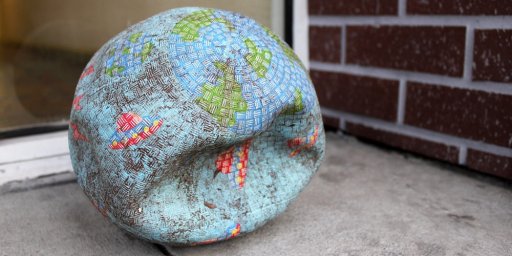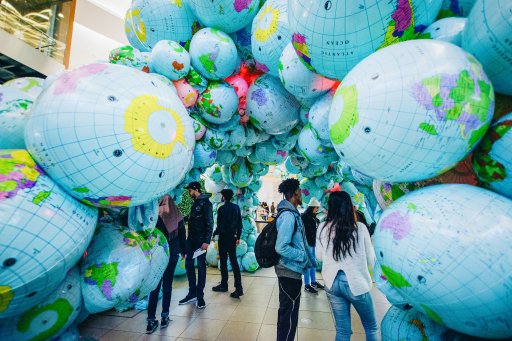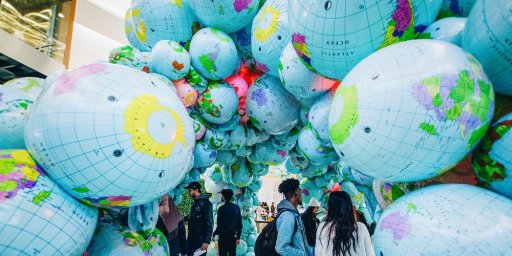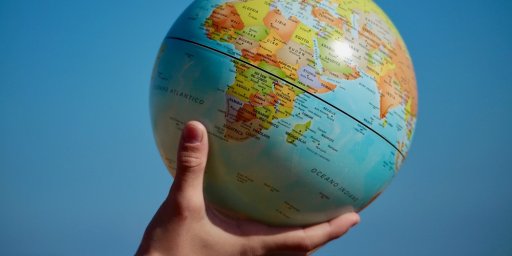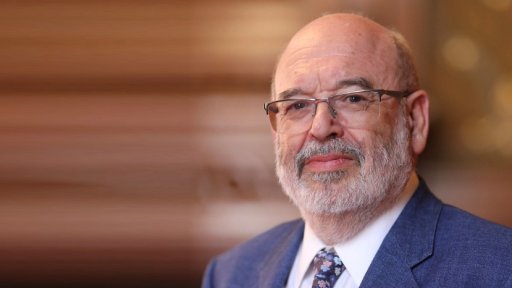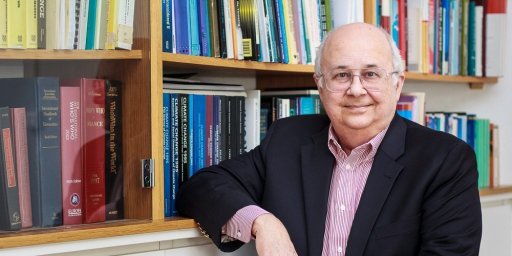What elements should the human development concept fundamentally include, considering today’s challenges and in the context of your work on sustainable cities?
I think the original concept of human development as the process of enlarging people’s freedoms and opportunities and improving their well-being, and the three key dimensions of the Human Development Index (HDI), are still a great approach. What I believe we should do today is to look at this concept from the context in which a large majority of people live, cities. To me, cities are a system of systems that provide services to people. In this sense, cities are an enabler of human development. A major driver for people to move from rural areas to cities is precisely because they think basic services are better in cities.
I would like to make, however, a distinction between material and non-material services. Material services include housing, access to food, water, energy and mobility, waste management and green spaces. People move to cities to find these types of material services. But people also go to cities because of social and other non-material services, for example education, jobs, culture and public safety. Education was included in the Human Development Index, but culture and public safety, which are also fundamental needs for people, were absent in the original idea. Another aspect of the services cities provide is that they are dependent on the environment, such as energy or water. Thus, to me it is important to also see the city as a key part of a larger system.
Following on from this idea of viewing cities as centres providing services fundamental for human development, are you indicating that it is important to add a relational dimension?
Yes, I believe that fundamental elements of human development are relational. For example, people are attracted to cities by the offer of cultural and other social services such as theatres, cinemas and museums. Social and relational services are also very relevant, enabling diversity and promoting both interaction and understanding among different people and diverse cultures. The intercultural relationships one finds in cities today have become central to many people’s conceptions of quality of life.
Safety is also important. Many people tend to go to cities thinking that they will be safer because they will have access to protection services, which they believe can improve their lives, make them safer and even improve their life expectancy. Unfortunately, in many cities this is no longer the case, and often cites have become less safe than rural areas.
Building on the perspective that cities need to provide certain things in order to enable human development, what are the major emerging challenges?
Besides the risk of pandemics that we have all now learned is enormous, a major challenge is that many urban areas, mainly in low-income countries, have residents without access to basic services. Too many people who move to urban centres attracted by the possibility to enhance their quality of life, end up living without access to energy, water, sanitation or waste management. Unfortunately, the number of people lacking these basic services is not decreasing at the pace needed worldwide. Cities that grow without the provision of these services become very problematic.
Another major challenge is the overall aging of the population in many parts of the world. Comparing population pyramids of today and the future, we see that about 35% of the population will be 65 years or older as we approach the end of this century. Global average life expectancy will be around 80 years, and this means a large population of people over 80 and even over 90. Unless we radically change the length of working careers, we will have millions of people that do not work for over two decades. This will have very challenging consequences in terms of income, taxation, retirement pensions and the costs of health and elderly care. Cities should adapt services to this reality.
Another challenge is migration and people’s mobility within and across countries. One type of migration is from rural areas to urban areas, which puts pressure on the services available in cities, as I outlined earlier. Another type of migration is between continents and countries due to different levels of economic development, climate change and other pressures, such as a generalized lack of services or natural resources. Global migration from rural to urban areas and across continents due to climate change will be extremely important in the future. We need to be prepared for flows of people displaced by increased extreme events and other climate impacts, which many do not have the resilience for. Considering that many urban centres across the world are already unable to provide for their inhabitants, these increased migration flows may truly jeopardize human development outcomes.
Another challenge is, in my view, existing rates of inequality. Clearly, we need a new social contract. Just a few decades ago the world, although still unequal, distributed wealth creation more equally. For example, when companies increased productivity, wages also went up and people earned more money. But this is not the case nowadays. Today, productivity and wealth creation go only to the very rich. This increase in inequality worldwide is another challenge for the coming years.
This leads us to a related issue, global security and governance. How can people participate in democratic processes when inequality continues to erode the social fabric? People are willing to adopt more radical and less democratic systems. We have the case of many populist leaders, like Donald Trump or Boris Johnson, and the increased global influence of a major authoritarian regime in China. Authoritarian and populist leaders move forward with their agendas while ignoring people’s demands. So how can we promote democracy, civic participation and citizen engagement, and how can we develop systems so that people can participate in a more profound way? To me, this is an important and central challenge for human development. In this sense, mayors are in general not ideologists and less populist, as they are focused on solving the problems that citizens face.
How can we make the concept of human development more strategic and link it more with sustainable development?
First, let me say that I think we should definitely consider how to incorporate more elements of the Sustainable Development Goals (SDGs), and their targets, in the ways we measure human development. The main problem of a concept based on Gross Domestic Product (GDP) is that this is a macro indicator that does not relate to the reality of a country – GDP might be increasing because of a few rich people making lots of money but the well-being of the majority of the people might be getting worse. We therefore need to consider measuring human development with micro-indicators at the level of communities and people. If you measure the variation of GDP per capita, not only aggregating at a geographical area but also for each range of income percentile, then the results would be very different. The SDGs can also help to disaggregate this measurement into different aspects. The challenge is to translate the SDGs so they reflect people’s lives and people can relate them to their own problems.
Regarding how to make human development more strategic, perhaps we could learn from the mission-driven perspective that is now being put forward by the European Commission. We need to agree on a North Star, a goal and purpose, and generate excitement about it. In a sense this is what SDG 17 was all about, a call to all stakeholders within global society to work together. The problem is that, rather than working towards the mission of sustainable development, we create silos in terms of sectors, in a fragmented manner. For example, in the context of COVID-19, some cities are thinking about how they can create solutions and consult other cities, a form of coopetition, cooperative competition.
These networks of cities are important, but they are incomplete, as they often do not include consultations with citizens or other key social actors such as private companies or researchers. Thus, what we need to do is to create spaces for collaboration between governments, citizens, scientists and the private sector. This is, in my view, the only way we can really reach our mission of implementing sustainable human development. The problem is that it is difficult to create these partnerships. First, we need trust, and it takes a lot of time to facilitate these processes. Creating spaces for collaboration has nothing to do with research or money invested in infrastructure. It is about people facilitating processes and building trust.
What is a meaningful and useful definition of human development?
To me, a meaningful and useful definition must be human-centred and focused on people. This is why GDP is not a good metric because it is about money within a country and not about people. People, their material and non-material needs, as well as the services addressing these needs, should be at the centre of the definition, and let me add, these should also be at the centre of the current transformation we are experiencing.
The reconstruction that needs to happen after the COVID-19 crisis needs to be human-centric. The reconstruction will rebuild the economy, but this recovery should be focused on human development. We should develop new neighbourhoods that offer the above-mentioned services and really cover the needs of people. For example, we can build what is called ‘The city of 15 minutes’. This concept conveys an urban centre where essential services are located within a 15-minute walk so that vulnerable people do not need to depend on transportation. They can walk everywhere to access food, healthcare, and social and cultural interaction and services. So, when we think about the transformation that we need to create, let us focus on improving human development, on meeting the SDGs, and on making a new social contract that truly puts people at the centre.
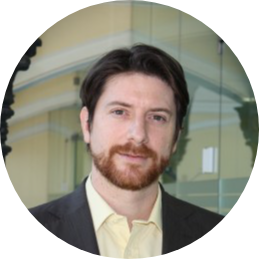
Julio Lumbreras is Director for North America at Universidad Politécnica de Madrid and Visiting Scholar at Harvard Kennedy School.
Image by Tony Hisgett on Flickr
